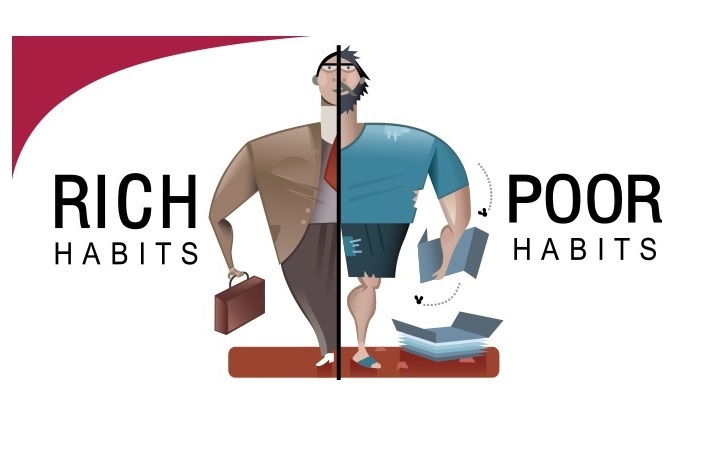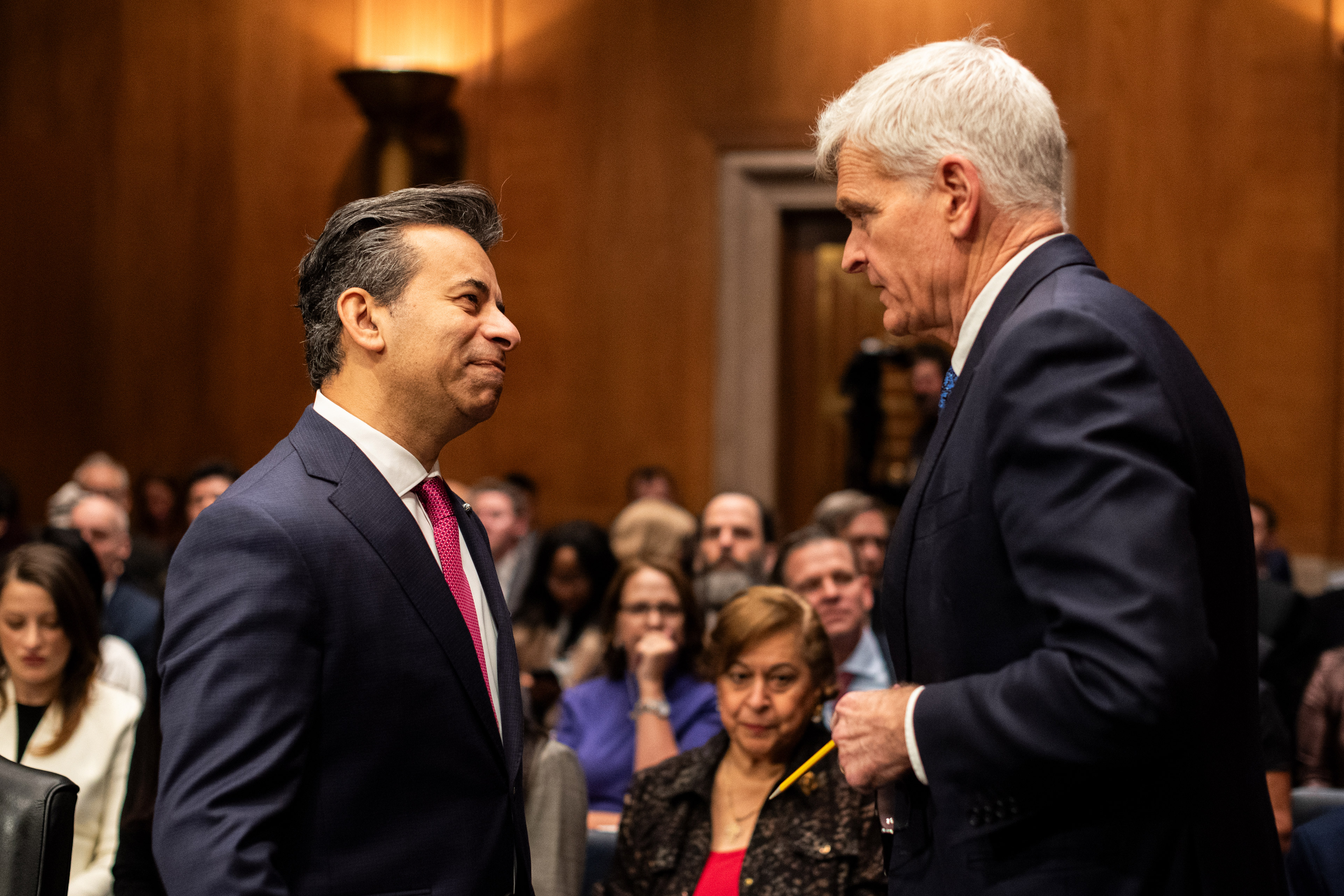“There are these people who think we don’t have to take all these tough decisions to deal with our debt. . . . It’s as if they think there’s some magic money tree. Well, let me tell you a plain truth: there isn’t.” — David Cameron, UK Prime Minister, 2010 to 2016
How does public debt influence an economy’s long-term potential?
A decade ago, some economists claimed public debt in excess of 90% of GDP led to negative growth. Others disputed these parameters but conceded that advanced economies with public debt above 90% of GDP averaged 2.2% annual growth between 1945 and 2009 compared to 4.2% for those with a ratio below 30%.
Whatever the relationship between sovereign debt and economic growth, many developed economies have debt burdens well in excess of that 90% threshold.
When its then-prime minister David Cameron emphasized that more deficit spending was out of the question, the United Kingdom had a debt-to-GDP ratio below 80%. After a decade nurturing the alchemistic money tree, that figure is now 100%. In the United States, after 40 years of almost uninterrupted supply-side “trickle-down economics,” this ratio is over 120%.
Should governments ever decide to end this permissive environment and start deleveraging, how could they do it?
1. Redeem
Governments can discharge public debt by selling off infrastructure and other state property. Following the eurozone crisis of the 2010s, for example, Greece sold several of its air- and seaports and a large stake in its telecoms operator OTE, among other assets, to erase part of its liabilities.
States can also requisition the assets of their citizens and corporations. In the 16th century, Henry VIII dissolved monasteries in England and disposed of their property to fund his military campaigns. During the French Revolution, the Constituent Assembly confiscated the clergy’s estates and auctioned them off to wipe out the public debt.
Taxation rather than outright expropriation is a much more common appropriation technique, however, whether through higher marginal income and capital tax rates, as the Joseph Biden administration proposed, or through an exceptional tax.
In the United States, some economists and politicians support a wealth tax to address economic inequality and generate extra revenue to pay down the debt. In the United Kingdom and other nations that have yet to overhaul their property laws, taxing land value is a viable alternative.
Of course, with globalization and sweeping financialization, tax evasion and avoidance schemes have grown ever more sophisticated. Without international cooperation, wealth tax collection can be neither easy nor fair.

2. Prune
A more effective debt amortization strategy is to let prices rise. Amid increased output and government revenues, inflation mechanically lowers the debt-to-GDP ratio as the denominator expands. In the aftermath of the 1970s oil shocks, for example, US public debt fell from 35% to 30% as a percentage of GDP.
Not only does the principal fall in value, if interest charges remain below the price index, as they have in many developed countries over the last 18 months, negative real interest rates reduce the debt service burden. With inflation at or close to double digits, interest rates in the low single digits make interest repayments much more manageable.
Naturally, bonds linked to the retail price index, which represent about 25% of UK public debt, provide no such comfort. The US Treasury first issued government-guaranteed inflation-indexed bonds in 1997 — when many thought inflation was permanently tamed — but paid close to double digit interest rates on them last year.
If maintaining zero or negative interest rates on a real-term basis is a standard technique of financial repression, the current situation demonstrates that controlling price increases is challenging, while the 1970s scenario shows that reducing sovereign debt via inflation takes time. Either way, such arrangements are harmful to savers and consumers alike.

Currency devaluation can also lower debt-servicing costs. It has been unofficially endorsed by the United Kingdom since exiting the European Union. Through such depreciation, countries that issue public debt in their own currency facilitate the redemption of that debt since government bonds’ interest payments are primarily fixed.
Budget deficit reduction is even more effective. Government spending cuts combined with increased revenues eventually produce budget surpluses. This is what Cameron’s government sought to accomplish during the Great Recession.
But success is far from assured. Such efforts require phasing out popular programs and sustained fiscal discipline and can take decades to bear fruit. The United States has only recorded four years of surplus in the last 50. France last reported a balanced budget half a century ago.
A less painful way to shrink the public debt is for borrowers — whether individuals, corporations, or nations — to grow into their debt structure. But stimulating growth is not a straightforward exercise. Over the last 30 years, Japan has increased its debt-to-GDP from 40% in the early 1990s to 220% or more today without generating the hoped-for economic expansion.
Growing out of debt is hard and when central banks maintain tight monetary policies amid inflation fears, it is pretty much impossible.

3. Amend
Restructuring may be a more credible way to manage sovereign debt. “Independent” central banks purchased government bonds to keep the economy afloat throughout the 2010s and resorted to even more unconventional monetary policies during the pandemic.
Since the global financial crisis (GFC), the US Federal Reserve’s balance sheet has expanded by a factor of 8 while the Bank of Japan’s multiplied sevenfold. This debt-vacuuming strategy lowered interest rates to zero and the cost of debt evaporated.
Rather than flood public markets with sovereign bonds, governments chose to temporarily park them off market. But the post-pandemic contraction is making it difficult for central banks to offload these bonds.
Creditors could also voluntarily waive their redemption rights. The so-called debt jubilee was common in ancient times, but such debt forgiveness has not occurred in Europe since the aftermath of World War II. Since central banks have become their countries’ major creditors, this option may be more feasible today. While the Fed has tried to divest the US Treasuries acquired during the pandemic, the Silicon Valley Bank collapse and other bank failures might further soften demand for government bonds. Canceling portions of them altogether might be the ultimate trick.
Finally, while calls for eliminating medical debt or forgiving student loans usually come from left-leaning politicians, default is also an option or potentially a case of force majeure.
Debt defaults are not uncommon in emerging markets during times of upheaval. Both Sri Lanka and Ghana defaulted on their debt last year. The option is not entirely off the table for developed nations, though the resulting loss of trust in the capitalist system would be significant.

4. Extend
Another popular debt-alleviating protocol has emerged in recent decades and most noticeably since the GFC.
Extending a repayment’s time frame has many precedents. West Germany benefited from it as part of the 1953 London Debt Conference when creditor countries agreed to halve the outstanding amounts owed in relation to World War I reparations and post-World War II loans and to stretch their redemption over 30 years.
To allay the burden on the public purse, governments can reschedule debt payments over several decades, converting 30-year Treasury bonds into even longer-term instruments. Depending on the maturity of the loans, public debt could become more or less perpetual. In exchange, creditors may demand more generous returns than the near-zero interest rates imposed in recent years, but the last few months have provided a rubric on how to proceed: keep real rates in record negative territory.
In order to eliminate — or indefinitely delay — the risk of default, some governments are indeed offering ultra-long instruments. Although the United States has not issued a bond of more than 30-years duration for over a century, France has shown a soft spot for 50-year bonds. Austria, Belgium, Ireland, and Germany have opted for the 100-year variant, and Italy might soon follow their lead.
Perpetual debt is a fashionable way to extend repayment obligations, especially among those who believe governments in good standing should refinance rather than repay their debt. Yet ignoring excessive leverage to avoid tough decisions can have dire consequences.
Japan has experienced “Lost Decades” of anemic stock market returns and a stalled economy even if it has demonstrated that output growth is not the only policy available to governments. Maintaining living standards, even for a prolonged period, may be enough.

There is clearly no shortage of ideas for addressing public debt burdens should governments wish to alleviate any crowding out effect or, in the United States, avoid recurrent debt ceiling brinkmanship.
But debating how overindebtedness influences economic output — whether it is “a consequence of a more profound institutional malfunction,” as historian Niall Ferguson has suggested, or even “a public curse,” to quote James Madison — is beside the point. Debt has become the main source of funding for private and public initiatives and will remain so so long as governments maintain their single-minded policy fixation on promoting growth.
If you liked this post, don’t forget to subscribe to the Enterprising Investor.
All posts are the opinion of the author. As such, they should not be construed as investment advice, nor do the opinions expressed necessarily reflect the views of CFA Institute or the author’s employer.
Image credit: ©Getty Images / NicoElNino
Professional Learning for CFA Institute Members
CFA Institute members are empowered to self-determine and self-report professional learning (PL) credits earned, including content on Enterprising Investor. Members can record credits easily using their online PL tracker.




























